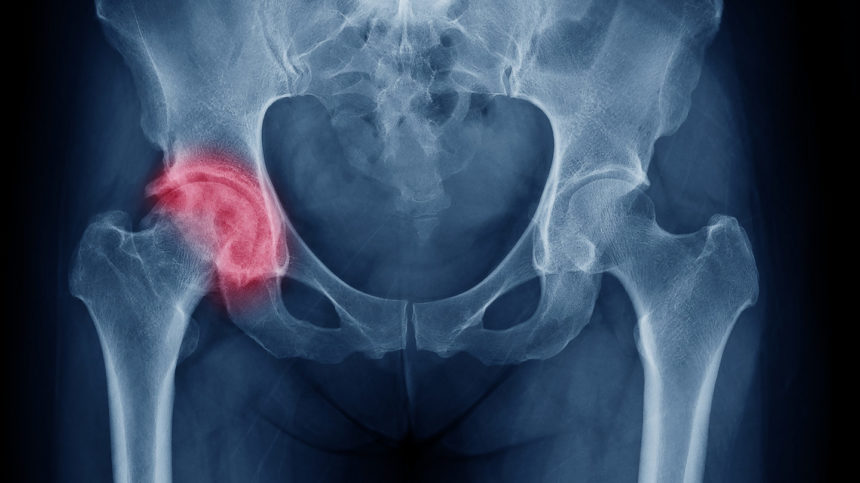
The number of adults with activity-limiting arthritis is growing, especially among seniors, according to a new analysis of national survey data. Clinicians and the public health sector should prepare for sustained care challenges, researchers say.

In a review of National Health Interview Survey (NHIS) data between 2016 and 2018, fully 1 in 4 adults overall were found to have arthritis, including one-half of respondents aged 65 and older, reported investigators from the Centers for Disease Control and Prevention.
The numbers have continued to increase when compared to the 2013 through 2015, they said. An estimated 58 million adults overall are now estimated to have arthritis, and 26% of those are estimated to have activity limitations due to the disease. The prevalence of arthritis and related activity constraints was highest among adults with physical disabilities and few economic opportunities.
An aging population and the prevalence of other contributing factors such as obesity will likely help sustain these trends, wrote Charles G. Helmick, M.D., and colleagues.
The researchers expect medical, senior care, public health and other service systems to face “substantial challenges” in managing the health and disability needs of adults with these chronic conditions going forward.
Clinical care coordination ranks among the top factors likely to help reduce widespread arthritis prevalence and its adverse effects, they wrote in the agency’s Morbidity and Mortality Weekly report. They forese expanded interventions that will help adults who already are limited by the disease, while reducing the future population-wide burden of arthritis.
“[C]reating a “social, physical and economic environments that promote attaining the full potential for health and well-being,” could help improve quality of life and limit the personal and societal impacts of arthritis, Helmick and colleagues concluded.
The NHIS is an ongoing, nationally representative, in-person interview health survey.




